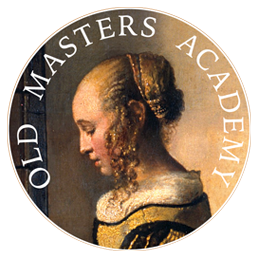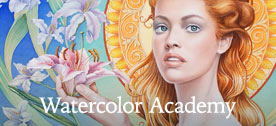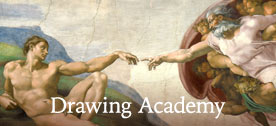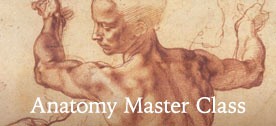Discover how to paint like the Old Masters using modern materials
Let us know where to send Your Free Access Link
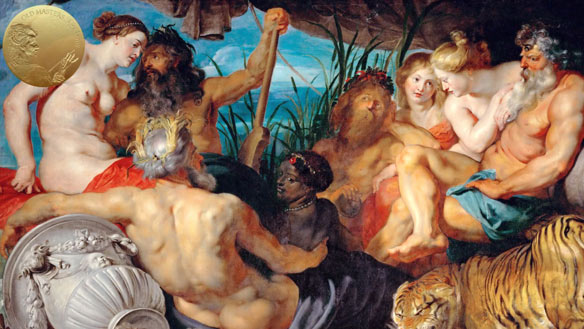
Harmony and Contrast in Painting – Related and Complementary Colors
The knowledge of Color Theory is important for any artist who wants to achieve great results in oil painting. In this video sample, you will discover all you need to know about the Harmony and Contrast in Painting and Related and Complementary Colors…
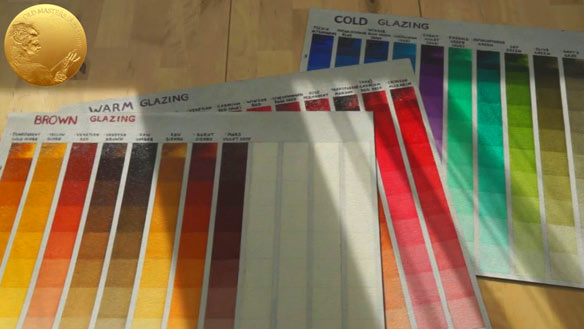
Color Theory for Painters
In this video lesson, you will discover the Color Theory for Painters. You will find out what is important to know about colors and how to use them to paint like the Old Masters…
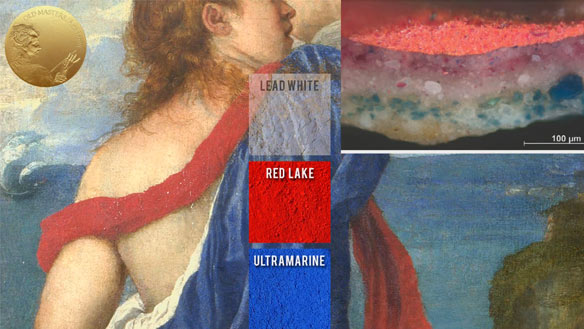
How Titian Depicted Red Draperies
The reds in an immaculate performance by Titian appear in his paintings in the most brilliant way. Red lake pigments used by Titian were among the more expensive pigments; however, they were considerably cheaper than gold and ultramarine. Titian and his contemporaries followed the traditions of his time when painting red draperies…
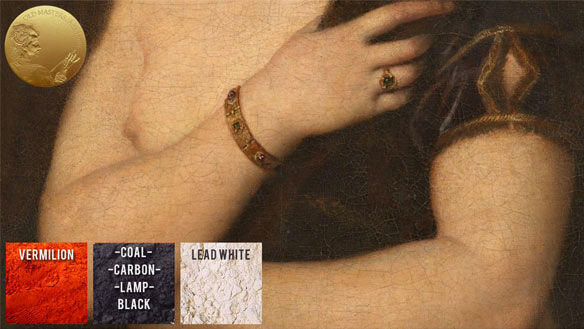
How Titian Painted Flesh – Colors for Skin Depiction
In Titian’s portrait paintings, he paid little attention to small details, but depicted a figure and the face of his sitter with monumental generalization. For example, the close view on the Man with a Quilted Sleeve reveals that small details were painted with economy and was rather suggestive in the eyelashes, eyebrow hairs, beard, and mustache. Titian learned such an approach from his teacher, Giovanni Bellini…
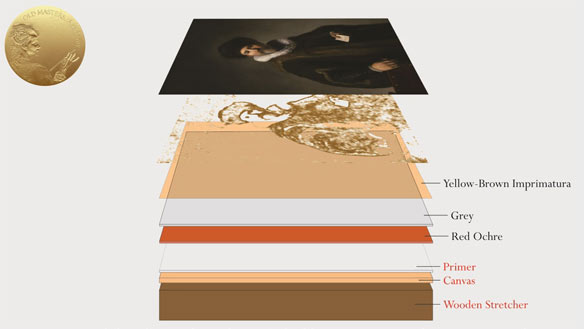
What Grounds and Imprimatura Preferred Rembrandt
The color and texture of the ground play an important role. Color determines the choice of painting technique. For example, on white grounds, an artist would work from light to dark, whereas on dark grounds, the order would be reversed – from dark to light. Examinations of Rembrandt’s paintings show that the artist used middle-tone grounds, which allowed rapid painting. He only applied dark and light tones, leaving the mid-tones of the ground…
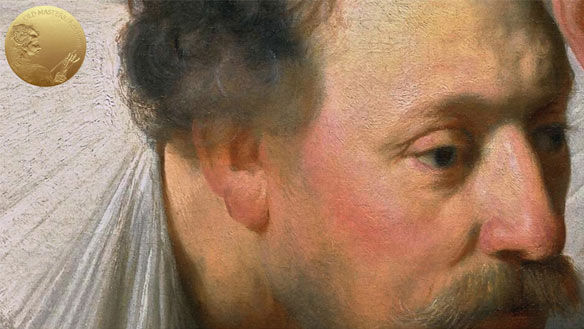
Rembrandt’s Principles of Portrait Painting
Before the age of photography, portrait painting served multiple purposes – portraits were mass-produced by art assistants for the mass-market as well as painted by well-known artists for art collectors. Nevertheless, even famous artists did not always complete artwork with their own hands. For example, Portrait of Philips Lucasz of 1635 features the head and the background painted by the master himself, while the lace collar and gold chain lack virtuosity and probably were painted by his assistant…
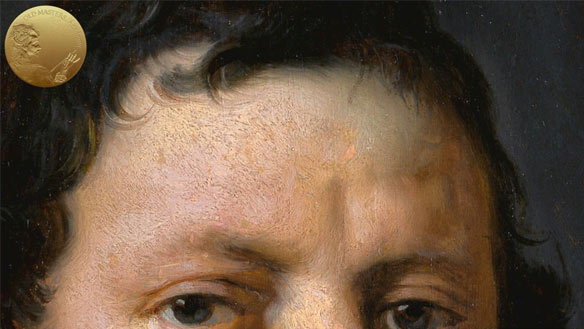
How Rembrandt depicted Flesh – Skin Painting
The texture and chiaroscuro of the skin in Rembrandt’s portraits was created by using colors that vary from pure white to reddish tints, and deeper wrinkles were portrayed with dark accents by rougher brushstrokes. The form is suggested not only by the tonal chiaroscuro, but also by varying the warm and cool tints in the sequence. Such an approach is characteristic to Rembrandt…
Let us know where to send Your Free Access Link
When you subscribe, you’ll also get email updates from us.
We respect Your Privacy. No spam.
